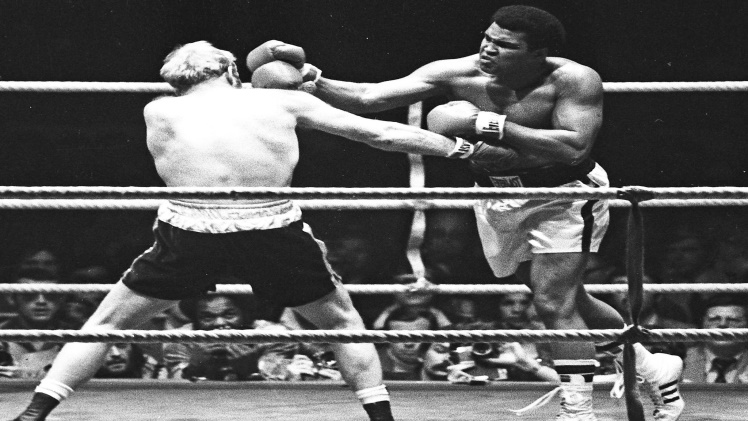Muhammad Ali is remembered not only as one of the greatest studentsgroom boxers of all time, but also as an outspoken and influential social activist. During his time in the public spotlight, Ali often spoke out against racism, poverty and war, and his messages of peace, respect, and unity have resonated throughout the years. Ali’s activism began in the early 1960s when he joined the Nation of Islam and changed his name from Cassius Marcellus Clay to Muhammad Ali. He also publicly spoke out against the Vietnam War, and was famously arrested in 1967 for refusing to serve in the United States military. This act of peaceful protest and civil tamil dhool disobedience served as an inspiration to many, and helped to shape the civil rights movement. In addition to his activism, Ali was also known for his generous acts of service. He supported a variety of charitable causes, including the Make-A-Wish Foundation, the Special Olympics, and the Muhammad Ali Parkinson Center. He also served as a United Nations Messenger of Peace and traveled around the world to raise awareness about the importance of peace, respect, and understanding. The legacy of Muhammad Ali continues to live on, as his words and deeds continue to inspire generations of people all over the world. His messages of peace, respect, and unity still resonate today, and his commitment to social justice and service has made him a global icon and an inspiration to all.
Muhammad Ali was a legendary figure in the history of the Black Pride Movement. His actions and words served as a powerful symbol of black pride forbesexpress and unity during a time of civil unrest and a struggle for greater racial equality. Ali was born Cassius Marcellus Clay, Jr. on January 17, 1942 in Louisville, Kentucky. He began his boxing career in the early 1960s and soon became known for his skill and charm. Ali rose to prominence in 1964 when he won the Heavyweight Championship of the World, becoming the first black boxer to do so. Ali’s outspokenness on social issues and his refusal to serve in the Vietnam War also helped to make him a symbol of black pride and a powerful advocate for civil rights. He used his platform as a cgnewz champion boxer to speak out against racism and injustice. Ali famously declared “I ain’t got no quarrel with them Viet Cong” when asked about the Vietnam War. This statement was seen as a bold expression of black pride and defiance of authority. In addition to his outspokenness, Ali also used his celebrity status to help raise funds for civil rights organizations. He was an active participant in the historic march from Selma to Montgomery, Alabama in 1965 and was an honorary chairman of the Student Nonviolent Coordinating Committee. Ali’s legacy has had a lasting impact on the Black Pride Movement. He was an inspiring figure for African Americans, who used his example of courage and strength to fight for their rights and dignity. Ali’s refusal to accept injustice and his commitment to speaking out against racism and oppression were a source of pride carzclan and dignity for African Americans during a time of great upheaval. His actions and words will continue to be remembered and respected by generations to come.

